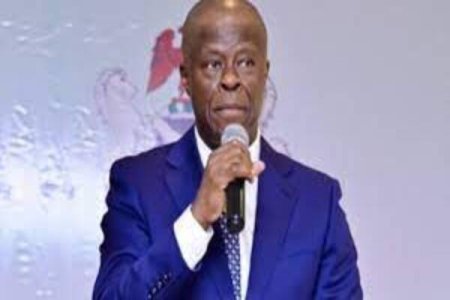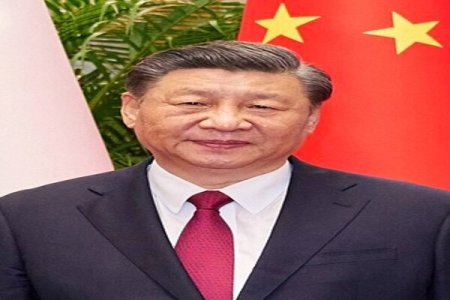
Nigeria forms a high-level sub-committee under the Economic Management Team to address U.S. tariffs and global commodity shocks. Led by Finance Minister Wale Edun, the panel will evaluate impacts on exports, oil revenue, and economic stability, aiming to guide strategic trade and fiscal policy in a volatile global landscape.
The federal government has established a new sub-committee under the Economic Management Team (EMT) to assess the fallout from shifting global trade policies and volatile commodity markets. The committee, led by Wale Edun, Minister of Finance and Coordinating Minister of the Economy, will focus its immediate attention on the impact of a newly introduced 14 percent tariff by the United States on key Nigerian exports.
The tariffs, announced earlier this month, have stirred unease among exporters and policymakers concerned about the broader ripple effects on the economy. The sub-committee draws membership from critical economic agencies, including the Federal Ministry of Finance, the Ministry of Budget and Economic Planning, the Budget Office of the Federation, and the Central Bank of Nigeria (CBN). Together, the team has been tasked with crafting a strategic response to the evolving global trade landscape.
According to officials familiar with the matter, the panel’s priority is to evaluate how the U.S. tariffs could dampen demand for Nigerian goods, increase operational costs for exporters, and disrupt supply chains linked to international markets. Analysts warn that reduced access to the U.S. market could hurt revenue streams for several industries, including agriculture, manufacturing, and technology services.
Beyond trade concerns, the sub-committee will also study fluctuations in global commodity prices—particularly crude oil, Nigeria’s economic backbone. Falling oil prices threaten to erode government revenues, stoke inflation, and elevate energy costs, putting additional pressure on an economy still recovering from pandemic-era shocks.
The Ministry of Finance confirmed that the group convened its first session earlier this week and emphasized the urgency of its mandate. Findings from the review are expected to inform high-level decisions on trade policy, fiscal planning, and broader economic strategy in the coming months.



